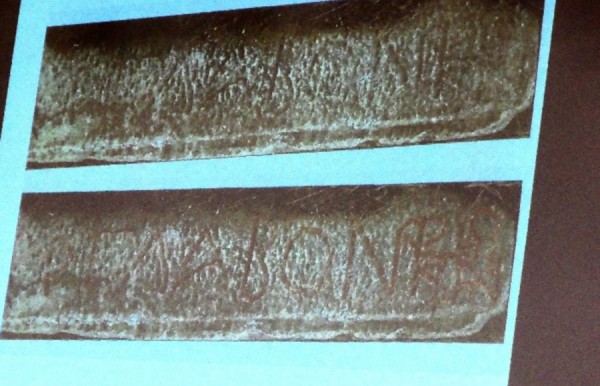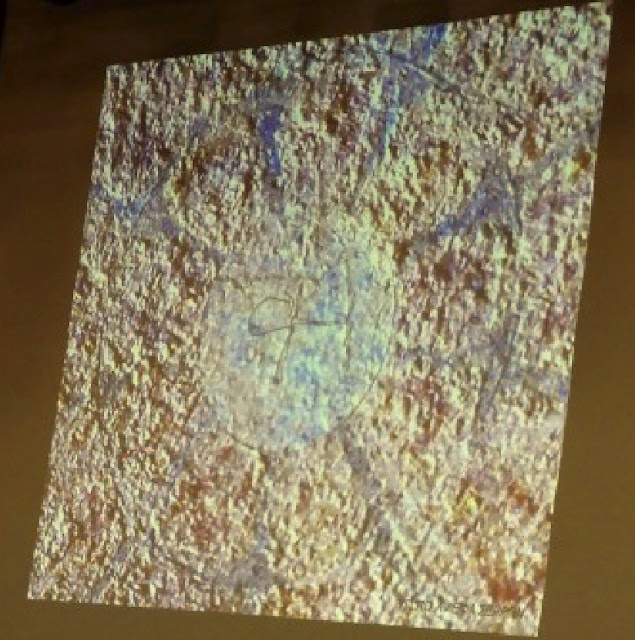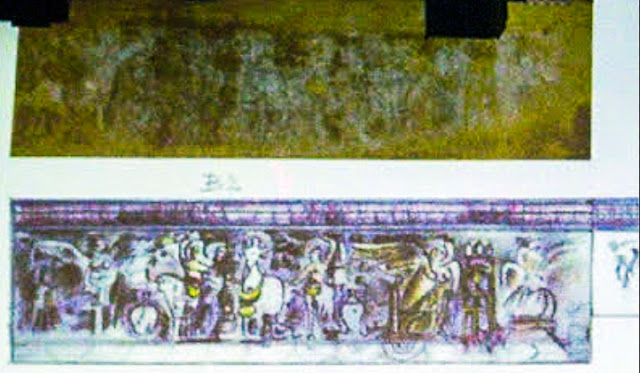Eleni Michalopoulou, Lawyer

Documentation in the texts of ancient Greek Grammatologias (Herodotus, Thucydides, Plutarch, Arrian, Demosthenes, Polybius, Isocrates).
INTRODUCTION
On this note aytonoitwn. Because, though, Why is becoming more and more common for the obvious, is, Maybe, useful, immersion one-for a while- in these. A recent, the ancestry of Alexander and the Macedonians, my study on the work of major ancient Greek authors (Herodotus, Thucydides, Plutarch, Arrian, Demosthenes, Isocrates, Polybius) led to the documentation of known, more or less, arguments for the question. Because the semantic value of the name, as Word, It is a more serious affair than,What could assume someone, -particularly when it comes to name history, very-important and erizomeno, like that of Macedonia, worth to throw a careful look at what record historians of antiquity.
(J). THE THOYKYDIDIS
Starting from the beginnings of references to the term ' Greeks ' hold that Thucydides, of the greatest historical and political philosophers humanity says that before the Trojan war was not the term ' Greeks ' and that the first time we meet him is in Homer, as a designation of those who battled against Troy, from Fthiotida, under Achilles – ' the first Greeks ' [1]. Homer, continues Thucydides, the ' Greeks ' refer to the same concept referred to the ' Achaeans ', the Argive ', the Danaoi '. In the Homeric epics do not meet, Besides, Neither the term ' Barbarians ', because they had not yet sorted (much more established, as was later) the term ' Greek ' "as oppositional total name"with the ' Barbarians '[2], ends the great Greek historian.
Under the dyismoy of the ancient Greek grammatologias (' Greeks – barbarians '), barbarians were those who were not Greeks. Under the visa, all historical sources at our disposal show that the Macedonians were Greeks and not barbarians. And it would be strange not to have been, as the birthplace of the Greeks, the Fthiotida, It was only a few kilometers south of Macedonia. From Fthiotida naming spread into large RADIUS that included the entire Greek world. It would be indeed inexplicable to spread everywhere except neighboring Imathia and Pieria, that was – however- much closer than,what e.g. Athens.
The chalkeysi of the theory of non-greekness of Macedonians was based on the fact that during the period of prosperity of the Greek world, the Greeks of the Centre, as Alexander Rangavis, differentiated themselves from those who fell in the region (Macedonians, From Epirus), because the latter, because find with other peoples, katetassonto on tier as someone has already emphasized political and social development. The Rangavis further underlines, that the Dorian invasion and the Amphictyony of Delphi contributed to the extension of the name of the Greeks ' of any of the Greek race[3]’.
In the history of the Peloponnesian War, to come back to Thucydides, and especially where described the campaign of Thracians, under the Sitalkis, vs. Macedonia, accurately defined the geographic coordinates of "lower Macedonia … the current Macedonia ", as the calls the historian[4]. As is apparent from the study description, antique maps and geography today, the area is defined as the area around the Pieriki basin, at the mouth of the river Axios, by Pangeo and beyond the Strymon including Pella, Halkidiki, the Bottia (next in Halkidiki) the Eordea (Aridaía), the Almwpia, the Gristwnia (Gyrtwnia), the Mygdwnia, the Anthemoyntas (near Poligiros) and other Greek areas. Interestingly, Thucydides says that the Macedonians are included and Nations ' epanwthen ' as Lygkistai[5] and Elimiwtai[6] which are allied and ' ypikoa '-ypotaktika- the bottom – of now, as the features, Macedonia. In old maps these identified areas north of present-day Himachal Pradesh and b. a.. of magnesia, within Greek territory. To the North of Lygkestias, the Paeonia, (area on the border of Greece with the Republic of Macedonia-within Greek territory), of which, As Thucydides says, Macedonians occupied a narrow strip that follows the Axios and arrives in Pella and the sea. It is notable that the Paeonian – presumably those who haven't had overwhelmed the Macedonians- Arrian mentions them barbarians, together with the Thracians and the Illirians and the Agrianes.[7] The conclusion is that Macedonia Thucydides times, “Alexander price[8] and this son Perdiccas may is come " It was the area that had a focus on Pieria, the Imathia and Halkidiki[9].
 THE IRODOTOS
THE IRODOTOS
A truly decisive testimony, with respect to the national status of the Macedonians as Greek sex, Located in Herodotus and specifically the description of military preparation for the battle of Plataea (479 e.g.), put a definitive end to the Persian ambitions for the conquest of Greece: On the eve of battle, Alexander First, son of Amyntas and king of Macedonia, involuntary ally of Mardonius, as a vassal of the Persians[10], approached, secretly at night, Athenian outposts, and gave to the generals of the Athenians valuable information in relation to the strategic plan of Mardonius. He did this because, as said, “was himself a Greek, and even from old generation and would not want to see Greece enslaved ". Even begged, in case of victory, somehow the Athenians and for his release[11]. This report of Herodotus, by the mouth of Alexander the 1st, great-grandfather of Alexander the great[12], is, undoubtedly, full -dikaniki would say- evidence is at issue, on the origin, i.e., Alexander and the Macedonians.
In the eighth book of the Histories of Herodotus (Heavens) reference is to the kings of Macedonia, since the beginning of the dynasty until said Alexander I '. In accordance with this description, he was the son of Amyntas, son Alketa, whose father was the Aeropos, son of Philip had father Argaios, son of Perdiccas, from Argos, who first occupied the supreme authority in Macedonia.[13]
III. The PLOUTARCHOS
... THE ORIGIN OF ALEXANDER
For the origin of Alexander –the most controversial issues of the name issue– Plutarch gives clear answer: Apogonos the mythical Hercules through Karan[14], the part of father and Aiakos, through Neoptolemus than that of his mother[15]. The whole debate could be closed here, unless called into question and the origin of Hercules and Aeacus and Neoptolemos. It should however be at a fascinating story of ancient Greek writers to find other, equally clear answers, at the same, on the origin of Alexander, question.
A why names, worth pausing, previously, so parenthetical, to that of Alexander, The etymological origin of which is, when the prevailing opinion, from the verb 'Alec' (repel, remove) and the noun 'man'. Alexander is eminently name akin to leader, as the first attribute of the Head is its ability to deter and eliminate opponents. The -Greek- name of Alexander, but also that of the father, mother's, ancestors, teachers, generals etc., alone are sufficient evidence of the origin of man, Dynasty and the Macedonian people as a whole.
At this point deserves a special reference to the Greek -also- name of Bucephalus, given the horse, as described by Arrian, in that, while I was black, He had on his head a white mark shaped head buff '[16]. Conclusively, the whole nomenclature which is known from historical sources, It is proof that the language of Ancient Macedonia was a Greek, because it would indeed be strange if there were other, different vernacular and for not even the slightest indication about her, even the names (and, Indeed, or in that the horse).
... THE EDUCATION
The teachers and nannies Alexander, He tells us the great biographer, were Greek and education that took Greek: Head, administratively, team of educators was Leonidas, kinsman of Olympias and second in order of Lysimachus of Akarnania[17]. The eminently however educator and shaper of exquisite character of Alexander was "the philosophers Aristotle illustriousness and logiotatos”, why Alexander harbored at least at the beginning- special respect and love[18].
... Reading
Alexander, “philologist and naturally studious and filanagnostis ", harbored great love for literature and especially the Iliad, a copy of which, annotated by Aristotle, He was always close to him and "with his sword put under the pillow ".[19] The books that accompany him in the campaign "was his work Filistou, many of the tragedies of Euripides, Sophocles and Aeschylus, and dithyrambs operand and hospitality "[20]. Love the Alexander for Pindar saved, as it known, the life of the poet's descendants by death, as they were excluded from those who were killed or sold as slaves after the destruction of Thebes[21].
… AUTHORITIES
His education was based on the Greek ideals of virtue, of knowledge[22], the pride and bravery and for that reason "did not wish nor pleasure, nor wealth, but virtue and glory ... and significant transactions ".For the same reason he wanted the power of "be free from money, opulence and pleasures, but is rich in races, wars and ambitions "[23]. He considered subservient to live in luxury and royal respect the laws and be subject to labors, a period during which all the non-Greek world era, particularly not the Persians and the Eastern peoples, They extolled the strength of the power of money Mrs, immersed in the pleasures, hoarded wealth and, as contemptuously described by Herodotus, their leaders lived immersed in opulence, even during military campaigns.
... Of the twelve
Frequent visits to the Greek oracles[24], but also sacrifices the twelve Olympian underline the ellinoprepeia the man. In Asia founded, says Plutarch, altars Gods, who were respected for centuries and which were offered Greek sacrifices.[25]
... THE OLYMPIC GAMES
The great love of Alexander for physical exercise, sports and military training was a result of Greek culture that it had received. To those who even the urging, while not yet had succeeded his father, take part in the Olympic Games[26] He replied that it certainly did if he had kings for competitors (Alexander was very proud of his royal origin and is absolutely convinced of the divine origin). It is here for the familiar argument, ότι, because the Olympics only involved Greeks, it would not be possible to speak of participation, if Alexander were not Greek[27].
... THE MACHES
As stated above, the Greeks called barbarians all those who were not Greeks.[28] The ancient world, Consequently, divided by the Greeks into two categories: in Greek and barbarian[29]. Of the events that took place at the beginning of Alexander's reign, Plutarch mentions the wars of the great commander against Barbarian northward and, in contrary, battles against the Greeks[30] -without it can establish, as attempts, that the Macedonians were not Greeks. These battles are listed in the same sense in which we find the description of the Peloponnesian War by Thucydides: battles, i.e., to claim hegemony over the Greek, by Athenians and Spartans side. This, does not mean that the Athenians or the Spartans were not Greeks. The same thing happens, by analogy with the Macedonians, who also claimed the hegemony in the Greek area and were equally Greeks, as the Athenians and Spartans.

... THE CAMPAIGN TO ANATOLAS
In describing the eastward campaign, the first mention we encounter has to do with taking the plunge: In a resolution which took place at the Isthmus, the Greeks decided to campaign against the Persians, Alexander the not anigorefthi their leader[31]. Head of the Greeks would not be, of course, may not be Greek.
(a). The Granikos
The first major victory at Granicus Alexander hastened to make known to the Athenians sending three hundred prisoners shields was registered in the famous epigram "Philip Alexander and the Greeks except the Lacedaemonians from the Barbarians of the Asiana dwell " [32]. It is obvious that if the Macedonians were not Greeks, indication similar epigram would not be conceivable[33].
(b). The Omen in Lycia
After the conquest of Sardis, Halicarnassus and Miletus, Plutarch tells, Alexander hesitated as to the further course of the campaign. And, because, as it known, giving special attention to omens, consider the following fact as a guiding point for the design of the strategy: A source in Lycia, near the city of Xanthi, “changed suddenly watercourse itself, flooded and from the bottom of took bronze plaque with ancient letters which stated that they would stop the domination of the Persians when catalyze Greeks". Encouraged by what Alexander, says Plutarch, immediately took decisions and proceeded victoriously across the coast to Phoenicia and Cilicia[34]. It is obvious that the passage of the narrative, It is proof of the origin of Alexander (and all the army), because, How could Alexander encouraged by the fact that if it did not consider the Greek himself himself (and the army of Greek).
(c). Alexandria
After the conquest of Egypt "evouleto city great and populous Greek Founded surname self katalipein[35]”. The spread of Greek culture was the purpose of Alexander's campaign and this proves, inter alia, the decision establishing this great, Greek, as he wanted Alexander, city. The design and the building of Alexandria described by Plutarch in an exciting way[36].
(d). In the sanctuary of Ammon Zeus
The next episode finds Alexander, after the magnificent and mysterious march of the army in the desert, before the priest of the temple of Zeus Ammon, who, “Ellinisti stuffy proseipein after Whose kindness "oh child ', barbarism of the last phoneme in uttered as sigma, so to say "oh child ', which was interpreted "oh games of Zeus', another point, to augur, the divine origin of Alexander. What would be the point, truth, the kindly salutation in Greek, the priest of Ammon, if Alexander were not Greek?
(e). Gaugamela
To describe the start of the decisive battle of Gaugamela, where finally defeated the army of the Persian king, Plutarch cites testimony Callisthenes, in which, Alexander "he invoked the gods and wished, if indeed born from Zeus, to offer assistance and to Greeks " [37].
And when, αργότερα, Alexander sat on the royal throne of Persia, the Demaratus the Corinthian wept from emotion and said: “How great pleasure deprived the Greeks who died, before they see the throne of Darius be seated Alexander " [38]. How would it be possible to enjoy the Greeks so far as to record, the narration of Plutarch, such a comment, if Alexander was Greek and he?
(f). The spread of Greek
By the time Alexander began to adopt lifestyle elements of the people of Babylon, He had already realized that the blending cultures would facilitate communication and contacts between local people and the army, so as to ensure stability, that could be preserved after his death. For this reason, narrated by Plutarch, he chose and thirty thousand children gave orders to learn Greek[39]. How, truth and why Alexander would undertake such a move, if he was he Greek? The spread of Greek language was a cultural contribution, with self-evident educational value for the peoples of the region. This decision laid the foundation for the formulation and dissemination of the common Greek, which dominated, as known in the Hellenistic world, after the death of Alexander.
(g). For the glory of the Athenians
Towards the end of his biography we find one of the most tactile testimonials, the work of Plutarch, reference to the ellinoprepeia Alexander: After entering the army in India and during the crossing of the river Hydaspes (on the other side of which was lined up the army of King Porus) night by storm, –rapidly shed rainwater-, He had climbed the water level, ruptured the bed and a large amount of water made the land from which Alexander passed and comrades, slippery and cracked. At that moment, Plutarch tells, Alexander heard to exclaim: "Did Athenians, would you believe how great danger is for your glory?”[40] How much greater assurance than that would be needed so ce and the most skeptical observer to be convinced that Alexander was struggling consciously, a Greek who was, for the greatness of Greece, as expressed by the brilliance radiating great metropolitan center that remained at that time to be the city of Athens?

J V. The ARRIANOS
From the work of Arrian, complete and that evidence of Greek origin and ellinoprepeia Alexander and the Macedonians, also retained only some references, since it is impossible to include all in a selective, like this, approach:
Note incidentally, that in the narrative of events, Macedonians, while having the most number references, appear, However, as one of the Greek entities, like all other (: 'horsemen not Macedonians s three hundred, Thessalian horsemen and two hundred, Ilia not hundred and fifty '- Book I, 29).
(a). The Greeks midisantes
After the battle of Granicus, Athenians ambassadors begged Alexander to liberate the Greeks who had campaigned against the Persians and captured. Alexander, though, says Arrian, “considered that it is safe to stop fear the Greeks did not hesitate to campaign against the Greeks, on the side of the barbarians, as long as it would take his campaign against the Persians "[41]. How might fear the wrath of Alexander the Greek midisantes, if Alexander, It was not the same Greek?
(b). To Macedonia and another in Greece
After the battle of Issus, where he was defeated by state and etrapi a stampede Darius and which recounts in detail and vividly Arrian, the Persian king sent a letter to Alexander in which he called for the conclusion of friendship and alliance, and the return of the captive family (mother, sister-in-law and children).
In Alexander's reply letter she asked him to go himself (Darius) to personally ask his family, He made it clear that dominant Asia was, now, Alexander himself and forbade to be addressed as an equal partner. The content of the letter of Alexander, as recorded by Arrian, It begins with an indictment against Darius as follows: "The ancestors of yours comersto Macedonia and another in Greece poorly concocted us nothing proidikimenoi. I do not make yourself ruler of the Greeks and timorisasthai stuffy Persa dievin s the Asiana ... and in spite of your pemfthenton the peace ..., not per ELLIS kateskefasa, dialyein epicheirounton - estratefsa upon thee "[42].
This excerpt of the letter of Alexander's own, as described by Arrian- enough to stop any discussion.
(c). In favor of Greek law-take
By entering the army at Susa, Arrian says that Alexander took the belongings of the Persian king, among them not the bronze busts of Tyrannicides Competent and Aristogeiton (which had taken Xerxes from Greece) and sent them back to Athens, where they were placed in Kerameikos[43]. (It is known that the abolition of tyranny was considered a milestone in the history of Athens and therefore the Tyrannicides etimonto and more of the leading heroes). At another point which also clearly shows that Alexander wanted to avenge the ills suffered by Greece from the Persian campaigns, historian says, just arrived at Pasargadae, set fire to the palace despite the contrary advice of Parmenion, who did not want to believe that Alexander arrived in Asia as the aggressor and occupier. Alexander, But -afigeitai Arrian-he replied that he wanted to punish the Persians, because they attacked Greece, kateskapsan Athens, They burned the sacred and caused many disasters to the Greeks. 'For these law-take[44]’. With what money, does, if Alexander was not, himself, Greek?
(d). The Callisthenes
In the fourth book, Part of the narrative, where Arrian refers to the excesses of Alexander in Persian habits and manners, lists the reasons efthyvoloi the daring philosopher Callisthenes, from Olynthos, Aristotle's pupil, in response to what was said Anaxarchos, for Alexander's claim to worship him, claim which had encouraged sophists and prominent Medes and Persians in the yard. “... The son of Philip, descendant of Hercules and Aiakos, that his ancestors came from Argos in Macedonia, and served as lords of the Macedonians with the law and not by force .... And if you have to think like the barbarians, because we are barbaric land, I, Alexander, I demand from you to remember to Greece, that you did for the sake of the whole campaign, positions to Asia under the domination of the Greeks. Think about when you come back to Greece, perhaps will force the Greeks, 'The eleftherotatous, in proskinysin;? Or will withdraw from the Greeks and the Macedonians will add this infamy? Or, does, will distinguish once and for prices and timasai ellinoprepos while the Greeks, varvarikos, de, from the barbarians "[45]?
The above quote also speaks for itself.
(e). For the freedom of the Greeks
When he sent back to Greece the Macedonians that they could no longer fight age, illness or injury, led by the most accurate companion, in general Craterus, He asked 'lead soldiers back and take over the affairs of Thrace, of Macedonia, Thessaly and safeguard the freedom of the Greeks[46]’.
(f). A Greek in Armozeia
In 'Indian', book where Arrian describes the voyage of Nearchus, from the Indus River to Susa, through the Indian Ocean and the Persian Gulf, (an exciting tour reading), noteworthy is an excerpt, characteristic of the ubiquity of the Greek element:
After suffering months, the daring exploration continued. "They started again at dawn, They passed a hundred steps and hang out near the River Tr, in an area called Armozeia. There were plenty of everything, except olives. Crews went to xekourasthoun, glad they stopped their sufferings. They remembered the sufferings of the sea, country fish eating, the wilds of which passed, atrocity tribes encountered the, and their own problems. Some scattered and went inside to explore. There they saw someone who was wearing Greek chlamys, He behaved like the Greeks and spoke Greek. The first people saw him put me cry. Both seemed the unexpected, after so many calamities, to face a Greek and hear the Greek language. They asked where it comes from and who he is. He told them that he had left the camp of Alexander, and that the camp and Alexander himself is not far. Clapping and shouting went to Nearchos. She told him everything. The camp abstained five days way from the sea. "[47]

(g). The Macedonians triirarchoi
In the description of the preparations for the crossing, Arrian mentions the name triirarchous, citing the city from which it originated. In connection with the Macedonians[48] The mentioned towns are situated in Pieria region, Imathia, Chalkidiki (Pella, Amphipolis, Orestiada, Eordaia, Pydna, Mieza -notios, to Thessaly- Aigai, Alkomenes, Veroia, Tymfi, Alorida). In a random, like her, Quote Macedonian cities, is, no doubt, Remarkably, not a single one escapes from the geographical map, as she describes Thucydides, placing, as above, Macedonia entirely within Greek territory and even well away from today, northward, borders.
- O DIMOSTHENIS
The, admittedly, charaktiristikotero feature Demosthenes was the intensity of his feelings antimakedonikon, which identified and -More than anything else – the political stigma of the man. The insight and political wisdom led Demosthenes, long before his fellow citizens, awareness of the inevitable, finally, prevalence of Macedonians. The nostalgia of the greatness of Athens, which tormented the orator -flogero patriot in a recession time, laxity and indifference for the common- and his attachment to the ideal of freedom and democracy, highlighted that the political man, as the greatest opponent of Philip, politics whose dievlepe the final end of the Athenian hegemony and the greatest threat to democracy. The above erased reliefs related to the rhetorical question of the reasons Olynthians -three and four against Philip. In the third in Philip, though, the outbreak of passion against the Macedonian king, leads to designations Demosthenes words[49] used as construction theories based on non-Greekness of the Macedonian dynasty.
The study of all the words of Demosthenes, Nevertheless, It does not leave any doubt that the above is rhetorical outburst passion, which has no relation to the historical truth. Σεno other speech there is not any references, as it is obvious to all that the orator sees Philip foreignness not as enemy, but as an opponent of Athens, in the way that was, oldest, rival Sparta (before and after the end of the Peloponnesian War). It is historically proven that similar diversions served, generally, promote implied strictly partisan purposes, in a troubled, political and declining Athens. Remarkably, that the ratings assigned by Demosthenes not to the people of Macedonia, but only to Philip. It is significant that his passion was such Demosthenes, so do not hesitate to call the Athenians in partnership with them even the Persians against Philip[50], at a time when the Isocrates, the great teacher of rhetoric, looked to the kings of Macedonia calling for nationwide enlisting, under their leadership, against the Persians - which took place and, finally, under Alexander.
- The ISOCRATIS
(a). S the Asiana the war exenegkein…
In a letter, which was written shortly after the Battle of Chaeronea[51], Isocrates urges strongly Philip: “… reconciliations to Athens to Sparta, Thebes and Argos and bring harmony to the Greeks[52]... To put an end to the madness and greed that characterize the relations between them and transfer the conduct of the war in Asia”. From this letter it appears that a large section of public opinion in Athens was pushing for the promotion of the idea of the campaign against the Persians under Philip because Isocrates writes "...no achievement could be nicer, more useful for the Greeks and more suitable for historical times " [53]. And below: “Be sure that you will acquire unsurpassed glory and worthy of your achievements when you coerce barbarians ... be slaves of the Greeks and liabilities when the king who now call him big to do,what the rules you. Then it'll remaining nothing else than to become god " [54].
Would not be, certainly possible to speak of war of the Greeks against the barbarians Isocrates-the foremost teacher of rhetoric and the leading proponent of the moral grandeur of the Athenian polity- if Philip was not Greek and Macedonia was not that an integral part of Greece[55].
(b). Athens protector of the ancestors of the Macedonian kings
Worth special mention is the fact, that extolling the greatness of Athens, Isocrates indicates that the city has always been the protector of all Greek. For this fact back in before the Trojan war times, because, writes, “both from old to be digging up the evidence of those who want to defend their homeland”[56] (This, parenthetikos, to answer those who disdain History, when it comes to refute the unfounded allegations). In this we trace, the great orator and teacher describes, how the descendants of Hercules (and ancestors of the Macedonian kings), persecuted by the Peloponnesians led by Eurystheus "they saw Athens as the only one capable to repay the services that their father had offered to all people". Our ancestors, continues Isocrates, They marched against them, They defeated and put an end to this insult[57]: hence the special respect that the Macedonian kings and, especially, Alexander always harbored for Athens.
- O POLYVIOS
(a). Nationals Asiana He created per ELLIS
In the ninth book of the Histories of Polybius refers, inter alia, the alliance of the Aetolians with the Romans against Philip V of Macedon, Achaean, of Acarnanians and their allies (210 e.g.). Speaking before the meeting of the Spartans, the representative of the public Acarnanians Hops, trying to prevent the Spartans from being an alliance with the Aetolians and the Romans against the Macedonians and Achaeans: In Aitolian Chlenaia, who had previously spoken in favor of the alliance of the Spartans with the enemies of Philip, says: “Alexander who punished the Thebans, because he believed that wronged, strictly accused. But the fact that he took revenge on the Persians for the insult that made all Greeks, not to mention, nor that he acquitted of all common and major calamities, enslaving the barbarians and denying them the means with which to destroy Greece ... and finally subjugated (Alexander) Asia to the Greeks " [58]. In the same speech Polybius writes that Lycia wondered : “… what and how much value they deserve Macedonians, who most of the time of their lives never stop fighting against the barbarians for the safety of the Greeks? That always Greece would face big risks, if we had a stronghold for the Macedonians and the pride of their kings, Who does not know the? …”
(b). To Macedonian Achaean and same-sex ...
In the same speech the Lycian complements addressing the Spartans: "Then we are fighting zealously for hegemony and glory against your gay, Achaeans and Macedonians ... But now the issue is the enslavement of the Greeks in foreignness (i.e.. the Romans)[59].
Repeated reference to same-sex Macedonians -in par with their Achaeans- and as opposed to other races, It states clearly on the nationality of the first.
KAI O KHALED HOSSEINI
The walkthrough in Macedonia and Alexander filled unexpectedly with a finding in the best seller of the Afghan – American author Khaled Hosseini called 'One Thousand Splendid Suns'. Apart from the references to the Afghan daily life (before the invasion of Russia) which refer to habits such as red eggs, dishes with yogurt and cucumber, competitions kites (like those who were formerly in the Greek province) and other related, the heroine explain that people must respect and apply scrupulously the law (eminently Greek moral and political authority, the base and the mainstay of Athenian democracy). And as often in the text, the author cites the Afghan word: qanoon[60]: 'Kanon', apparently (and we have here a collateral proof of the long funeral procession of long vowels like omega). It would have, Maybe, interest to a comparative linguistic study between the Greek and the languages of countries where the army of Alexander passed, which spread the language and culture of Greece in the depths of Asia. 'To the glory of the Athenians', as stated by Plutarch ...
EPILOGUE
The above are only some of the elements in the narrative of Herodotus, Thucydides, Plutarch, Arrian, Polybius, but also in the writings of Demosthenes and Isocrates, speaking, implicitly or explicitly, the origin of Alexander the Great. The value of historical truth, as recorded in projects like these, is, for nations that have a long tradition, sacrosanct. For startup today, though, countries, which are in a search for identity and trying to build entity against History, the value of truth is relative and changing. For the latter cases, historical figures such as the above ancient Greek writers, reserve, from the depths of centuries, verdicts irrevocable convictions in the minds of all those who know and insist to remember.
[1] The Greek was the son of Deucalion. (Sons of Greek was Ion, Aeolus, Doros and Xouthos).
[2] Thucydides Histories, Book I, III "... nor non barbarians eirike by the Greek nor say opponents in Cpd onama apokekristhai."
[3] Alexander P. Ragavis, 'Dictionary of Greek Archaeology', Volume A, word 'Greece'.
[4] Thucydides Histories, Book II, 99.
[5] The Greek site today, west of Imathia.
[6] Notios Kastoria (Elimaia lake)
[7] 'Alexander's Anabasis' Arrian, Book II, 7, SLE. 148 'The Greek' Publications 'Hatzopoulos'
[8] "The ancestors of which were 'the Timenidai in an ancient Odeon on Argos' Thucydides XCIX.
[9] The data of historical sources recorded in detail in the "Dictionary of Greek Archaeology 'Alexander P. Ragavi under the heading 'Macedonia'.
[10] Amyntas had allegiances during the campaign of Darius Hystaspes. Allies of the Persians were the Boeotians midisantes, Argos and Thessaly.
[11] «…he te gar Greek genus am torchaion, and instead freely dedoulomenin qua if etheloimi Oran to Greece. " Herodotus, Book TH'- Calliope, ch. 44 – 45, SLE. 174 – 176, 'Ancient Writers', Zitros Publications.
[12] Alexander the First was his father Amyntas B ', whose sons were Alexander II, and Philip, father of Alexander the Great.
[13] Herodotus, History 8, Heavens 139, Publications Chatzopoulos 'The Greek'.
[14] The Karanos, from Argos, descendant of Hercules, conquered city near Edessa, in which he gave the name 'Aigai' and there founded the Macedonian dynasty. In this line and Arrian.
[15] Chapter 2. subparagraph 2. References without identifying the source, in this chapter, relating to the work of Plutarch's "Lives , Alexander - Caesar "by the Publications Ancient Greek Secretariat 'Greeks' Ulysses Chatzopoulos.
[16] Arrian, Anabasis Alexandrou, Book V 19, Publishing 'The Greek' Ulysses Chatzopoulos.
[17] Ch. 5, v. 7,8. The Lysimachus likened Alexander Achilles, Philip with Peleus and herself with Phoenix, teacher of Achilles.
[18] Ch. 8, v. 4: 'Aristotelin not wondering in the beginning and loves uh less of Father, as by the one true living, Wherefore not live well '.
[19] Ch. 8, v. 2.
[20] Ch. 8, v. 3.
[21] Ch. 11, v. 12.
[22] And even scientific - Alexander had special inclination to medicine (Ch. 8).
[23] Ch. 5, v. 6.
[24] Ch. 14, v. 6.
[25] Ch. 62. v. 8.
[26] It was okypous.
[27] Prices comprehensible only to Greeks attributed, Olympians, already the great-grandfather of Alexander, Alexander I '.
[28] The etymology of the word 'barbarian' states the unintelligible, linguistically, and foreigners (repeat the sound 'w' which means nothing in Greek).
[29]'Thucydides Histories' Book A' III p. 62 , Govostis Publications.
[30] Ch. 9, ed..3.
[31] Ch. 14.2
[32]Ch. 16 v. 18
[33] That was the way pension epigrams (: e.g.. "Pausanias Kleombrotos, Lacedaemonian, liberate Greece from the Medes after the Greek ethelisanton xynarasthai the danger of battle ". Alexander even did not add the term 'Macedonian, as Pausanias the word 'Spartan').
[34] Ch 17. v. 4-5
[35]Ch. 26. v. 4 – 14.
[36] Ch. 26 v. 4-14.
[37] Ch. 33 v. 2.
[38]Ch. 37 v. 7.
[39] Ch. 47 v. 6.
[40] Ch. 60 v. 6. 'Oh Athenians, hence ce pistefsait 'if age endure risks due to even unto Eudoxia?’
[41] Arrian, Anabasis Alexandrou, Book I, 29 Publishing 'The Greek' Ulysses Chatzopoulos.
[42] Arrian , Alexandrou Anabasis Book II, 14.
[43] Arrian , Alexandrou Anabasis Book III, 16.
[44] Arrian , Anabasis Alexandrou, Book III, 18.
[45] Anabasis Alexandrou, Arrian Book IV, 11.
[46] Anabasis Alexandrou, Arrian Book VII, 12.
[47] Anabasis Alexandrou, Arrian Indian 32.
[48]There is also the corresponding quote for triirarchous coming from cities of the rest of Greece.
[49] '... Not only Greek is, but not even a barbarian hailing from a good place, but he is a pernicious Macedonian, remote, where previously you could not even buy a decent slave. ' Demosthenes, 'At Philip III 31 'Greeks' , Publications 'Cactus'. Demosthenes accused and his fellow citizens as barbarians, concluding that did not respect the values, the principles and ideals of Greece.
[50] Demosthenes, 'At Philip III 51 'Greeks' , Publications 'Cactus'
[51] 338 e.g..
[52] ... In concord katastisai the Greeks ... and the Asiana s the war exenegkein.
'To Philip (III)’ 2 Isocrates, Ancient Authors, Zitros Publications
[53] … or potassium ut projects 'ofelimoteron per Ellisin OUT' in time rather prachthisomenon.
To Philip (III 3 Isocrates, Ancient Authors, Zitros Publications
[54] … Igou not Toth 'exein insurmountable her and thee an activity value terms, when the true barbarians forced eilotefein per Ellisin gar ... None So ESTA yet except god happen. The same.
[55] The idea elaborates on Isocrates 'Panegyricus', published long before the abovementioned letter (380 e.g.).
[56] let alone before the Trojan, – thence gar righteous Tash loyalties entitled to a payment in favor of the fathers disputed ... 'Festive', Isocrates, 54, 'Greeks', 113 Chatzopoulos Publications
[57] 'Festive', Isocrates 56-57-58 'The Greek' Publications Chatzopoulos
[58] '... He created the nationals Asiana per ELLIS' Polybius, Histories IX 34.3 "The Greeks' Publications' Cactus'
[59] 'then hand gar favor hegemony and glory efilotimeisthe to Achaeans and Macedonians gay... Now not about slavery objecting to war per ELLIS foreignness' Polybius Histories IX 37, The Greeks
55 Κhaled Hosseini ‘Α Thousand Splendid Suns’, Riverhead Books, New York 2007 SLE. 284.
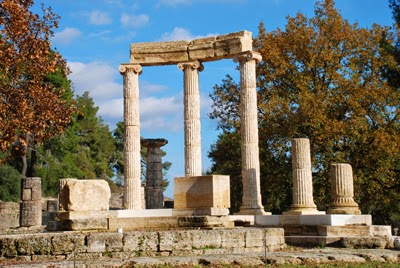


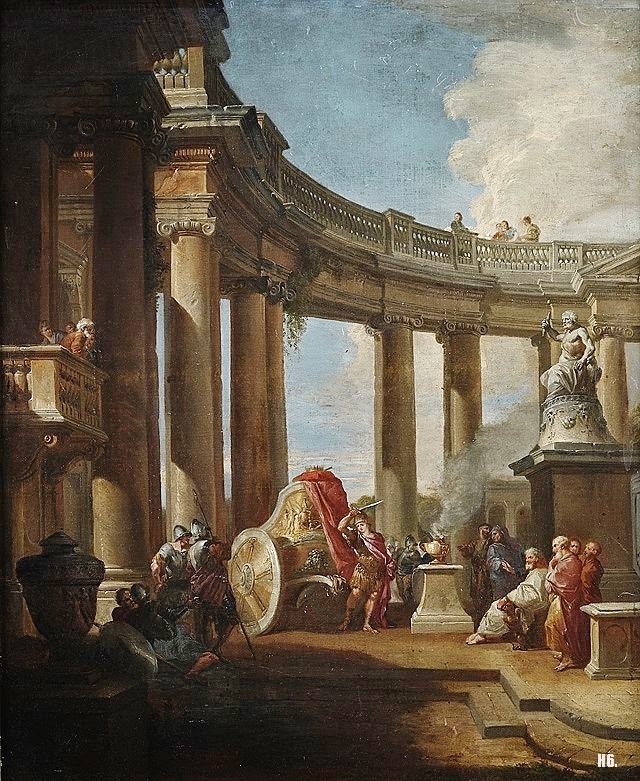






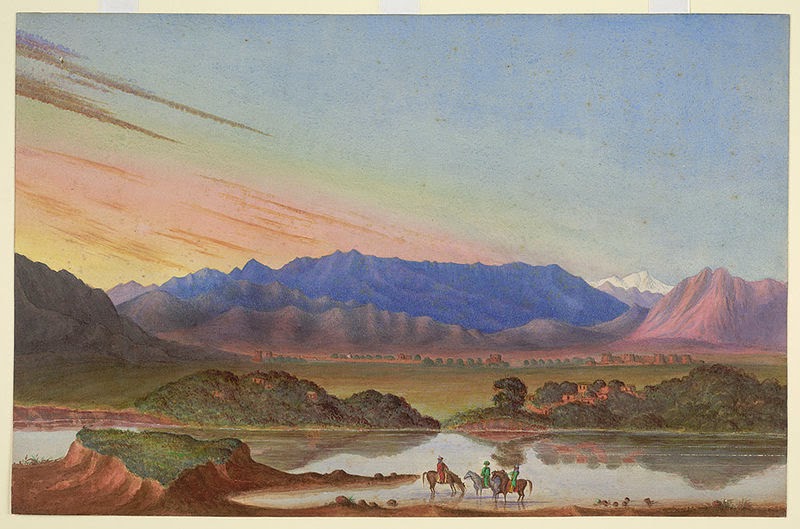

 RIAMBOS ALEXANDRE (THE ENTRANCE TO VAVYLONA) Charles Le Brun 1673 MUSEUM LOUVROU
RIAMBOS ALEXANDRE (THE ENTRANCE TO VAVYLONA) Charles Le Brun 1673 MUSEUM LOUVROU






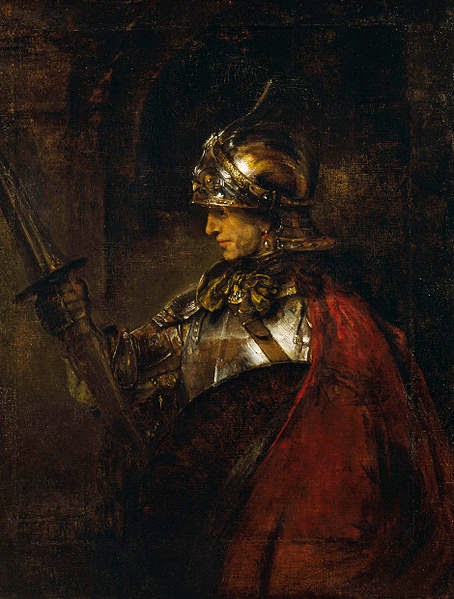







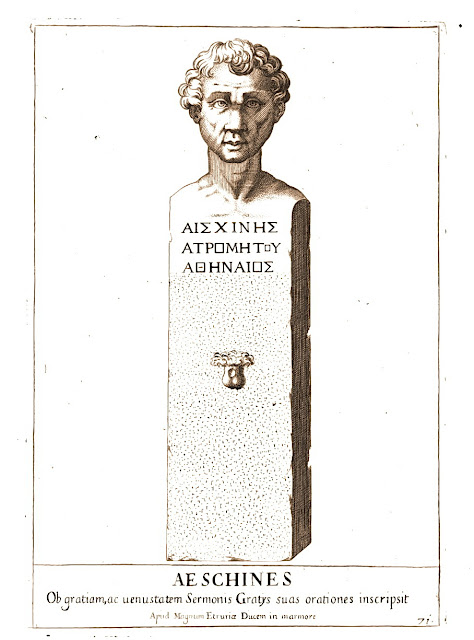





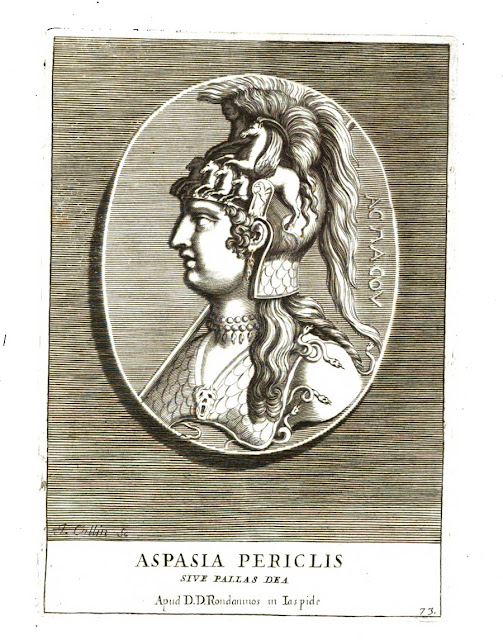
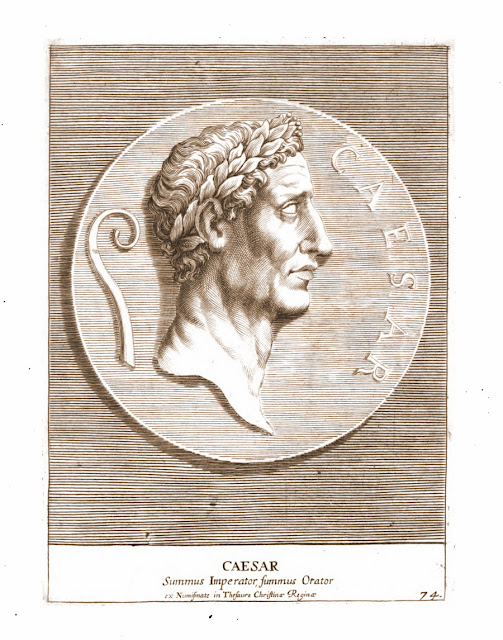

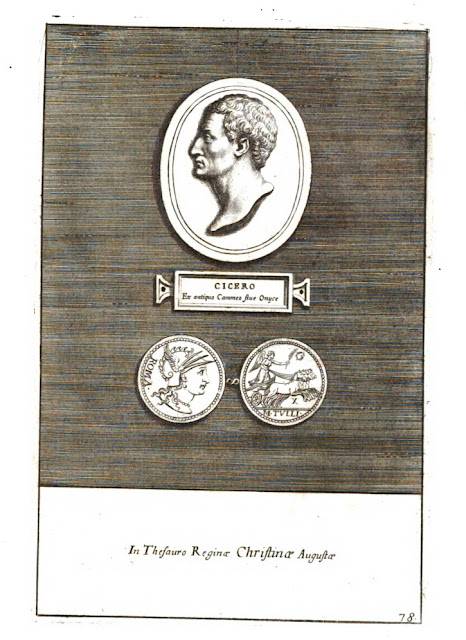
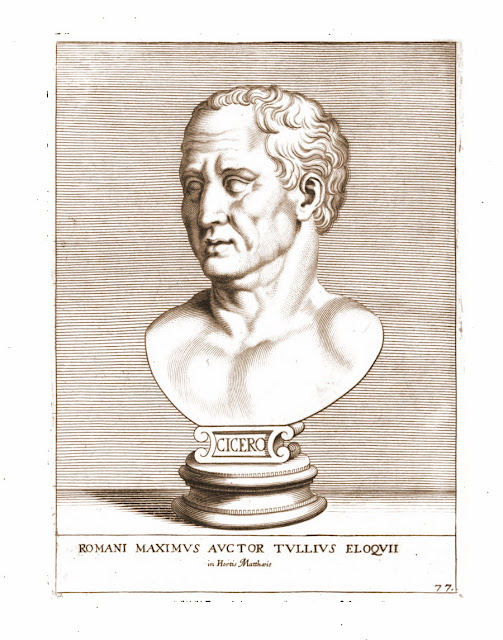
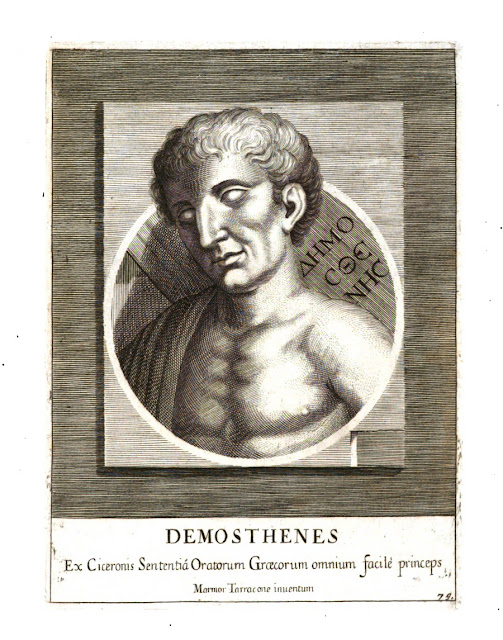



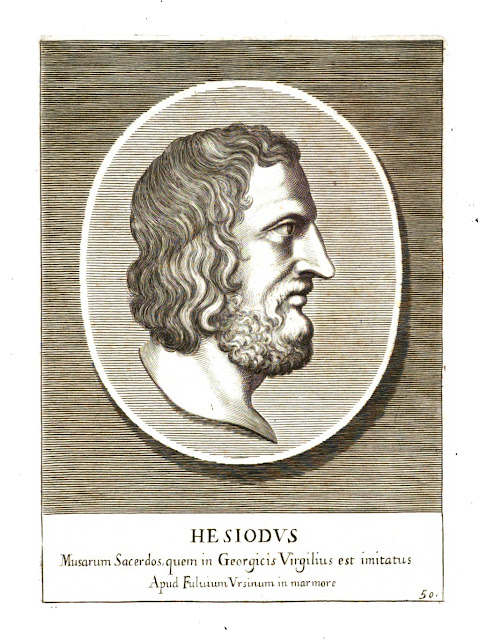



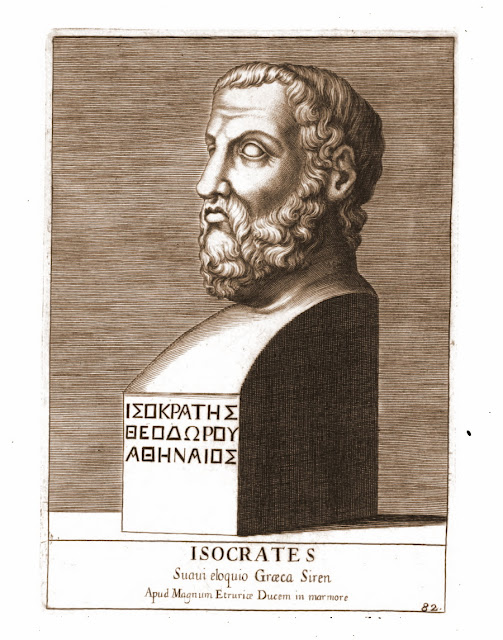










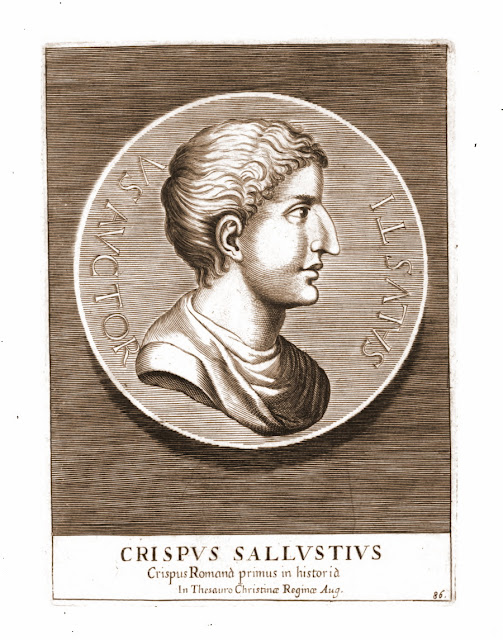


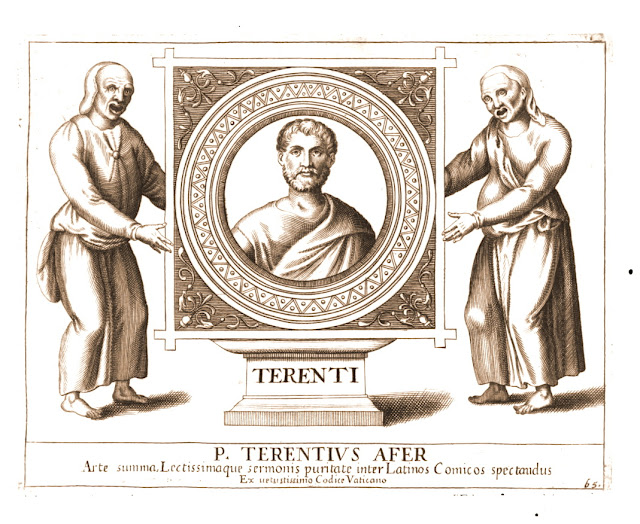


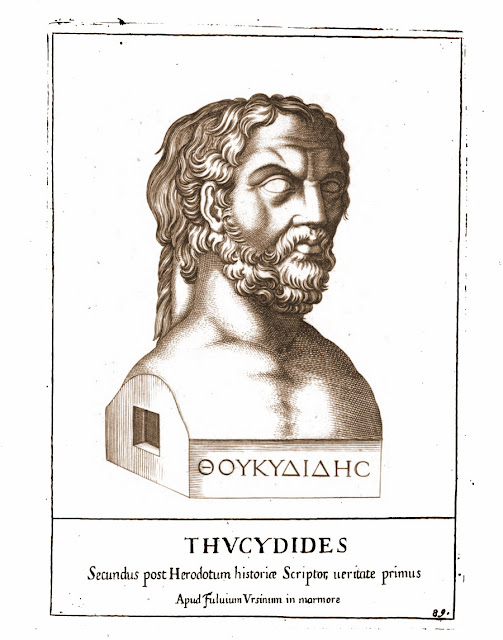











 THE IRODOTOS
THE IRODOTOS





